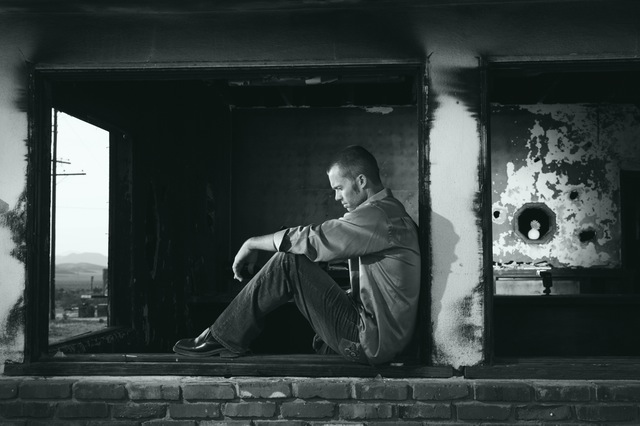Speaking about the grief people are experiencing during Coronavirus feels heavy, and I fear I will not say half of what people need to hear. I apologize for that, as I wish I could say all the right things. I also acknowledge that maybe no one really can.
This comes from a number of places in my heart, including my own experiences of grief as well as my knowledge and training on grief and trauma. I know there are no easy answers, no easy fixs, and grief and trauma can be quite messy heavy and unrelenting at times. I want to acknowledge that, and share some things despite my sense of inadequacy of addressing the issue in ways that I wish I could.
As an Atlanta therapist who is providing online counseling due to Coronavirus social distancing, I’ve heard stories from many people in many different walks of life. And what I can safely say is that we are all being impacted by the coronavirus. In many different kinds of ways.
Some have been sick, and suffered awful experiences of fighting for their lives, some have lost loved ones, some have fought hard to medically care for the sick while being completely isolated from their families in order to avoid making them sick. Some have lost jobs. Some have lost money. There is much loss being felt in this country and in the world.
Describing Grief:
Many people have heard about the 5 stages of grief (denial, anger, bargaining, depression, acceptance) or about the 7 stages (which adds a little more including pain and guilt, the upward turn, and reconstruction/working through.) While the models can be helpful in understanding your grief, I think some fail to share that grief is often not linear in terms of there being a start and end point and a straight line to follow in between. What I’ve learned about grief is that it is a process, you can experience many different emotions, and move in and out and back in and on into the next then back as you process grief.
Grief is not a straight line and you may experience emotions like waves coming and going. Knowing that if you ride the wave, eventually you’ll come back down, and eventually after riding the waves you may arrive to shore. Although, shore may look different. The trees may be moved, the sand shaped differently from the tide. You may ride the waves again, or maybe you’ll sit on the shore for a while. Sometimes with grief, it can feel uncertain when you’ll ride the wave.
It’s also relevant to note, that although it may be tempting to hope that there is an end point to grief, it can help to think of it as a process and that things have forever changed (and there can be hope at some point in the change but the pain still happened and it sucks and that loss of that person or pain of that experience may not necessarily go away although it may hurt less.) With this in mind, the concept of ‘just get over it’ may be very unhelpful. Adjusting to a mindset of ‘moving through it’ or ‘coping in the midst of it’ can be a more helpful approach.
Coping with Grief:
People cope differently, and some of the ways that this Atlanta counselor shares with people include journaling, speaking with an emotionally safe person and sharing one’s story or pain, engaging in lifegiving behaviors despite not feeling like it (eating, going to work if you have to in order to afford necessities, exercise (even if it’s just a walk), etc. , engaging in hobbies, allowing yourself to cry as it is helpful, spending time with laughter or humor or even just things that brighten you even if for a second, prayer meditation or mindful movement like yoga, self soothing by drinking tea or snuggling in a cozy blanket, connecting with loved ones, honoring the loss (write a letter, hold a memorial online, or plant a flower), and allowing oneself to engage with purpose even in the smallest of ways (whether that’s continuing to be a mom, or giving in life in some small way like showing up for family by brushing your teeth and eating some food, talking to a professional counselor, or finding someone to encourage or just relate to because they’ve experienced a similar loss.) Find ways to soothe yourself while moving through this time.
What to do now:
- Cope effectively. Please do not read this to say ‘Get over it.’ I’m encouraging you to cope and self-soothe.
- Connect with others and with your own sense of purpose for this day.
- Consult with professionals. Note that many people don’t have the perfect answers, but if you’ve experienced the loss of a loved one maybe a counselor might help. Or if you’ve lost income or investments, maybe a financial advisor can help. Allow yourself to consult with people who may have some wisdom regarding next steps you can take.
We may write about grief more, but wanted to share some insights that might be relevant for you. Please know that you can reach out to us if you need to see an therapist providing online counseling in Atlanta during coronavirus social distancing. Just give us a call or click the book an appointment button.


